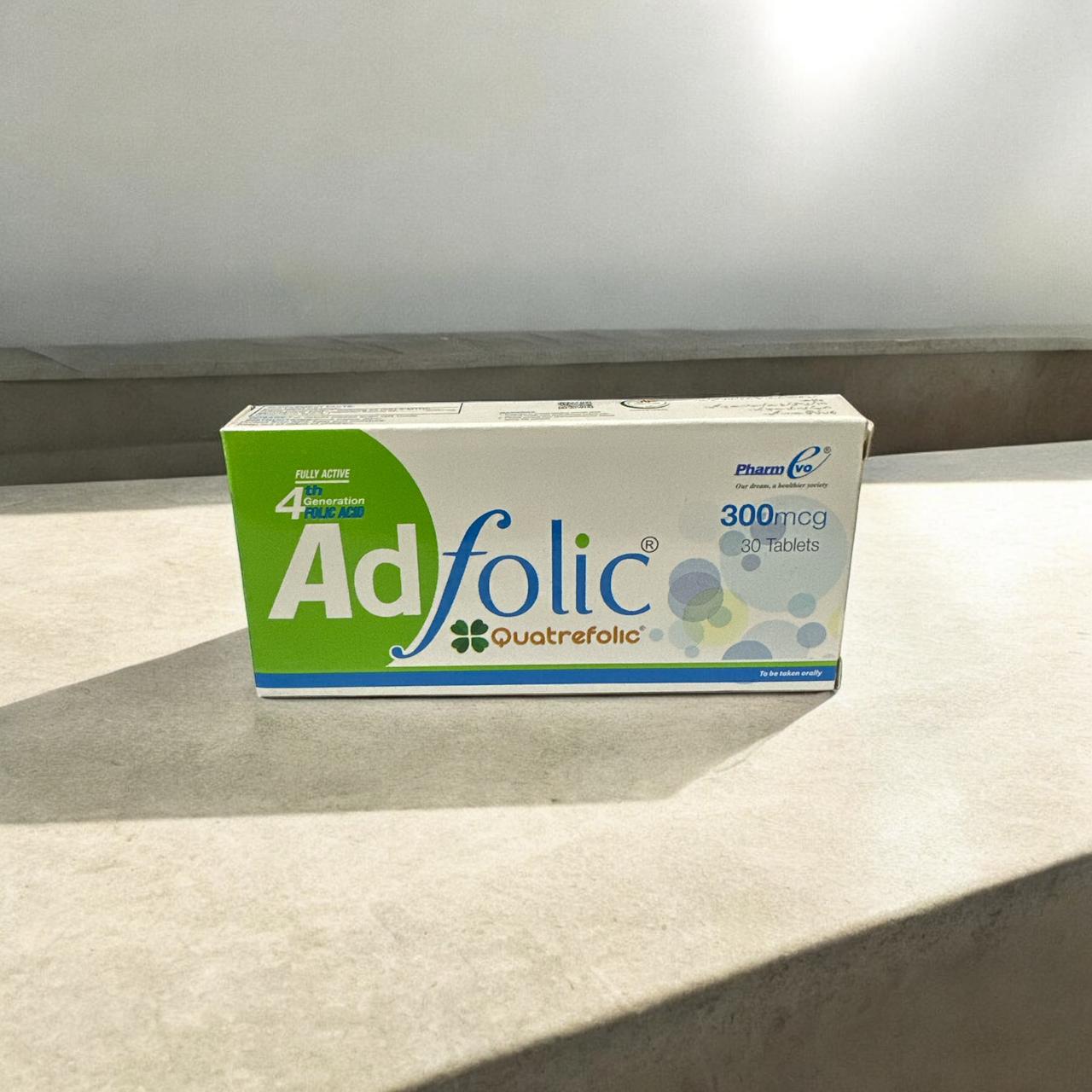

- Choosing a selection results in a full page refresh.
Need Help?
03444440083


Couldn't load pickup availability
standard shipping charges on order is Rs 200
You may return most new, unopened items within 3 days of delivery for a full refund.
You should expect to receive your refund within four weeks of giving your package to the return shipper, however, in many cases you will receive a refund more quickly. This time period includes the transit time for us to receive your return from the shipper (5 to 10 business days), the time it takes us to process your return once we receive it (3 to 5 business days), and the time it takes your bank to process our refund request (5 to 10 business days).
If you need to return an item, simply login to your account, view the order using the "Complete Orders" link under the My Account menu and click the Return Item(s) button. We'll notify you via e-mail of your refund once we've received and processed the returned item.
Lorem ipsum dolor sit amet, consectetur adipiscing elit, sed do eiusmod tempor incididunt ut labore et dolore magna aliqua. Ut enim ad minim veniam, quis nostrud exercitation ullamco laboris nisi ut aliquip ex ea commodo consequat. Duis aute irure dolor in reprehenderit in voluptate velit esse cillum dolore eu fugiat nulla pariatur. Excepteur sint occaecat cupidatat non proident, sunt in culpa qui officia deserunt mollit anim id est laborum.
Adfolic 300mcg Tablet 1Box=30Tablets.
Specification
Requires Prescription (YES/NO)
No
Generics
Quatrefolic
Used For
Folic Acid Supplements
How it works
The mechanism of action of Quatrefolic is related to the action of 5-methyltetrahydrofolate, the active part of the proprietary ingredient. 5-methyltetrahydrofolate derives from tetrahydrofolic acid, through a series of metabolic reactions. Tetrahydrofolic acid acts as a coenzyme in several vital metabolic reactions participating in the transfer as acceptors and donors of various one-carbon fragments, involved in the biosynthesis of nucleotides purines and pyrimidines and in the metabolism of several important amino acids. In concern with vitamin B12, folate coenzymes allow the conversion of the amino acid homocysteine to methionine, the lack of this conversion has been associated with various pathologies and diseases. Conversion of tetrahydrofolic acid to 5-methyltetrahydrofolate is mediated by the action of the enzyme methylenetetrahydrofolate reductase. Supplementation with 5-methyltetrahydrofolate might be preferable to folic acid, being it is immediately available to react with homocysteine to avoid the possibility of hyperhomocysteinaemia.
Usage And Safety
Dosage
Quatrefolic
Side Effects
Gastrointestinal disorders : Anorexia, nausea, abdominal distension and flatulence ; Immune system disorders : Allergic reactions, comprising erythema, rash, pruritus, urticaria, dyspnea, and anaphylactic reactions (including shock) .
Drug Interactions
Fosphenytoin : Folic acid along with fosphenytoin might decrease the effectiveness of fosphenytoin for preventing seizures ; Methotrexate : Folic acid along with methotrexate might decrease the effectiveness of methotrexate ; Phenobarbital : Folic acid can decrease the phenobarbital effect for preventing seizures ; Phenytoin : Folic acid along with phenytoin might decrease the effectiveness of phenytoin and increase the possibility of seizures ; Primidone : Folic acid along with primidone might decrease how well primidone works for preventing seizures ; Pyrimethamine : Folic acid might decrease the effectiveness of pyrimethamine for treating parasite infections ; Sulfasalazine : Sulfasalazine can reduce the absorption of folic acid.
Indication
• During pregnancy and lactation • Pregnant women for prevention of neural tube defect in babies • As a dietary supplement in adults and older people • To prevent risk of spontaneous abortions • In hyperhomocysteinemia • Folate deficiency caused by some medicines (e.g. those used to treat epilepsy such as phenytoin, phenobarbital and primidone) • Folate deficiency caused by long-term red blood cell damage or kidney dialysis • In Depression, Cognitive impairment, Dementia and Alzheimer's disease .
When not to Use
Long-term folate therapy is contraindicated in any patient with untreated cobalamin deficiency. This can be untreated pernicious anemia or other cause of cobalamin deficiency, including lifelong vegetarians. In elderly people, a cobalamin absorption test should be done before long-term folate therapy. Folate given to such patients for 3 months or longer has precipitated cobalamin neuropathy. No harm has occurred from short courses of folate • Folic acid should never be given alone in the treatment of Addisonian, pernicious anemia and other vitamin B12 deficiency states because it may precipitate the onset of sub-acute combined degeneration of the spinal cord • Folic acid should not be used in malignant disease unless megaloblastic anemia owing to folate deficiency is an important complication. • Known hypersensitivity to the active ingredient.
Precautions
Precaution
Patients with vitamin B12 deficiency should not be treated with folic acid unless administered with adequate amounts of hydroxocobalamin, as it can mask the condition but the sub-acute irreversible damage to the nervous system will continue. The deficiency can be due to undiagnosed megaloblastic anemia including in infancy, pernicious anemia or macrocytic anemia of unknown etiology or other cause of cobalamin deficiency, including lifelong vegetarians.
Warnings
Warning 1
Caution should be exercised when administering folic acid to patients who may have folate dependent tumors.
Warning 2
This product is not intended for healthy pregnant women where lower doses are recommended, but for pregnant women with folic acid deficiency or women at risk for the reoccurrence of neural tube defects.
Warning 3
Taking folic acid supplements might make seizures worse in people with seizure disorders, particularly in high doses.
Additional Information
Pregnancy category
Always consult your physician before using any medicine.
Storage (YES/NO)
Store this medicine at room temperature, away from direct light and heat.
Get the latest updates on new products and upcoming sales
Thanks for subscribing!
This email has been registered!

| Product | SKU | Rating | Description | Collection | Availability | Product Type | Other Details |
|---|